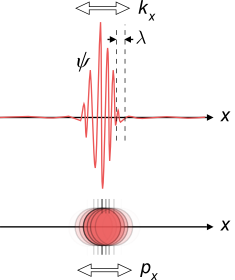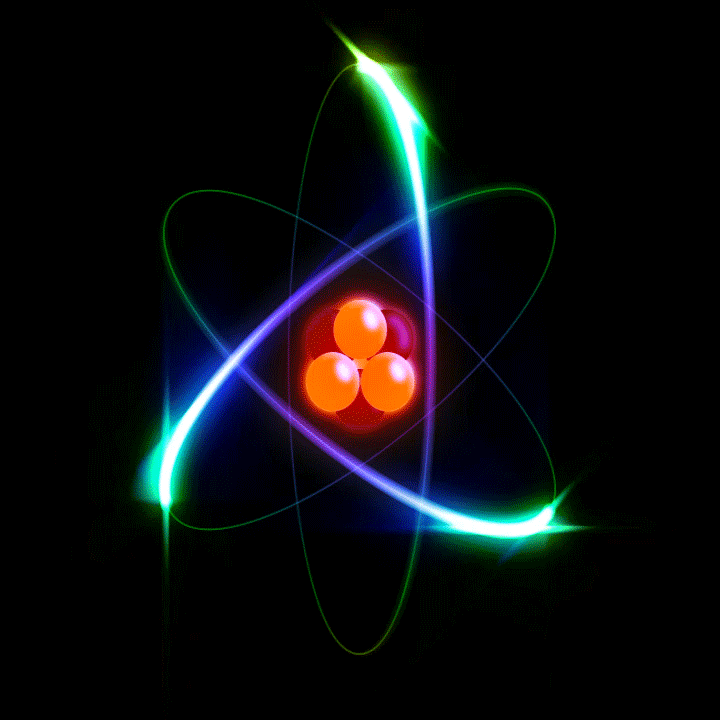One huge misconception of physics is that it seeks laws that are presumed to exist in it
No! Physics does not presume that nature has laws and tries to find them. Physics simply studies a phenomenon, and then tries to create a law that is accurate enough to reproduce the phenomenon, or at least to predict its existence in the future.
Do those sound not different from each other?
They are very different! In the assumption that nature contains laws that we try to find, we assume that the laws that we find in nature are 100% accurate. Not only this, but we also assume that the laws of physics represent the system in its roots. Both assumptions are not true!
Why is this wrong?
Because the laws of physics that we create depend solely on our observations of those phenomena. With no doubt, our observations are simply a projection of reality and not reality.
Has there been incidents that show that this is the case?
Yes! Along the history of physics, we have always seen that the laws we discover are simply a superset of older laws. For example, take a look at Newtonian Mechanics (NM) and Quantum Mechanics (QM). In NM, we created a physical quantity called “Energy”, and this energy played like the very main role in everything in classical physics, starting from simple motion, Lagrangian and Hamiltonian mechanics and ending with fundamental thermodynamics laws. However, in QM, we found tha energy, that we thought is fundamental, is not fundamental anymore! Not only that, but we also found that positions are not fundamental, and those characteristics that we used to use in classical mechanics and were absolute, do not work in QM anymore, not absolutely. Consequently, uncertainty principles showed up for position and energy.

Newer concepts
This means that the observable physical quantities that we see are not real! They’re not how nature fundamentally works. Those concepts that we use are nothing but approximations to reality. A newer concept came in the field called “A wave function”. It describes the behavior of our systems in a better way than before. The Ehrenfest theorem showed also that Newtonian mechanics is nothing but a special case that is true as an approximation of the more general case found in quantum mechanics. The journey, actually, doesn’t end there. After quantum mechanics, Quantum Field Theory (QFT) came up to provide a deeper view of nature’s phenomena, destroying another concept in physics, time order, and saying that time order isn’t really as absolute as we thought it’s. After that, string theory came up and claims (it’s not tested yet) that dimensions are not as fundamental as we think they are. It claims that the dimensions that we live in are nothing but a special case of a more general concept.
Conclusion: Are we ever going to find the ultimate laws of nature?
My discussion doesn’t say that we may never find the ultimate laws of nature. It simply says that the claim that nature has a single set of laws that we think is ultimately what physics is looking for (Theory of Everything), is simply wrong. Even if physicists dream of this coming up eventually, this doesn’t mean that this is what we’re doing. And as Feynman said when asked the same question, “if nature turned our to be a multi-layer onion with more, and more layers that come when we dig deeper, then that’s the way it’s”. We simply don’t know.
Physics doesn’t presume anything. Right now we try to unify the laws that we know with the parameters we think are right. No one knows what kind of parameters govern the universe. We simply try to model the universe with the simple picture that we can understand with our small, simple brains. It could be true that positions, time, energy, and everything we use to model our universe is probably nothing but superficial parameters that approximate the real parameters that govern the universe.
Are we ever going to know? Let’s dig further and find out!
